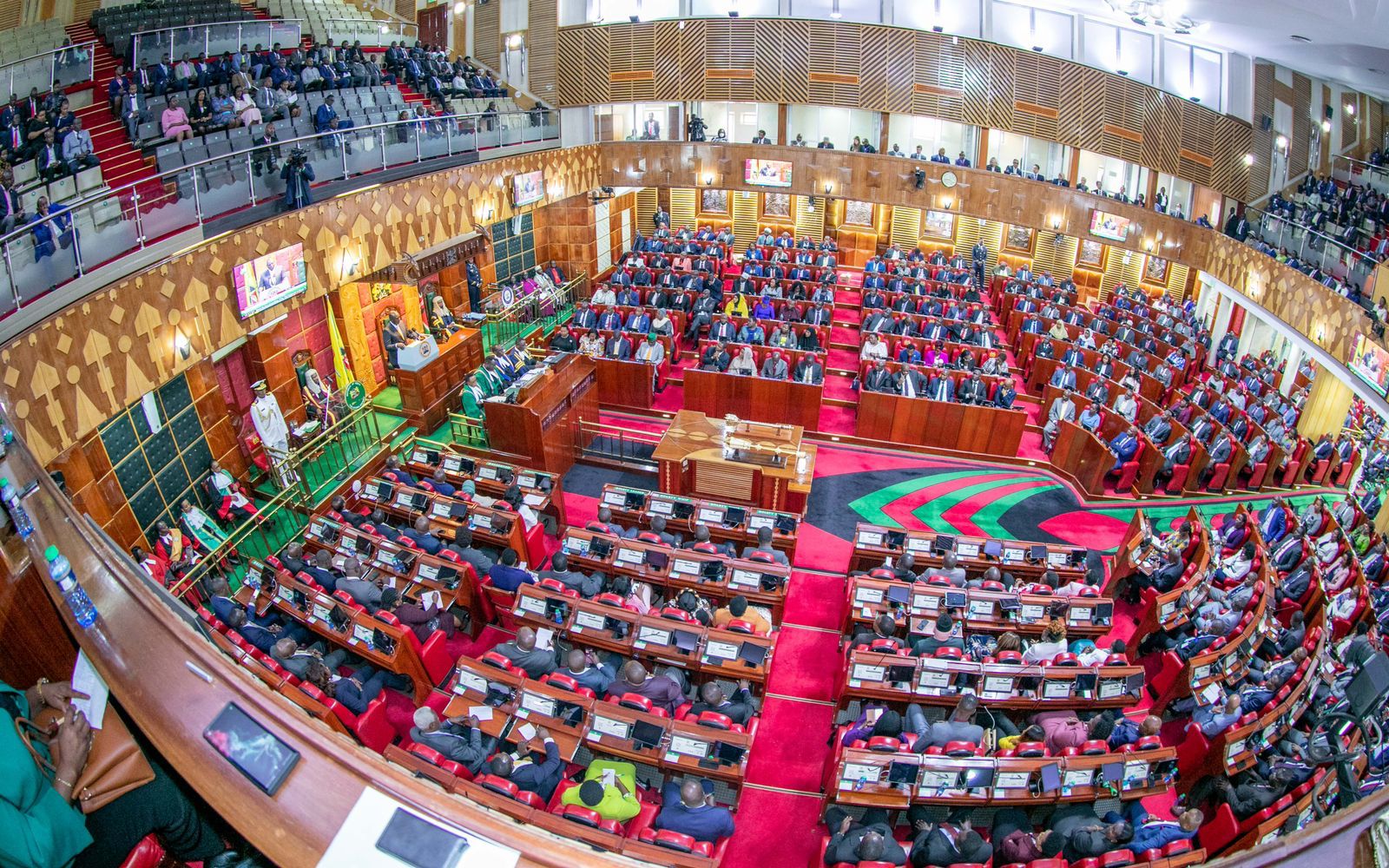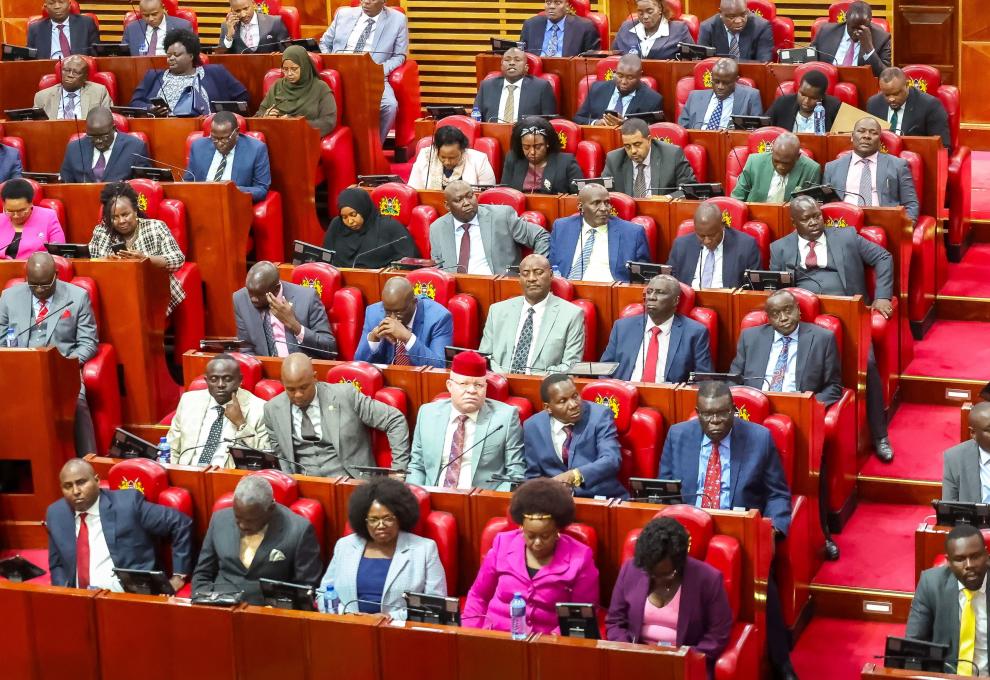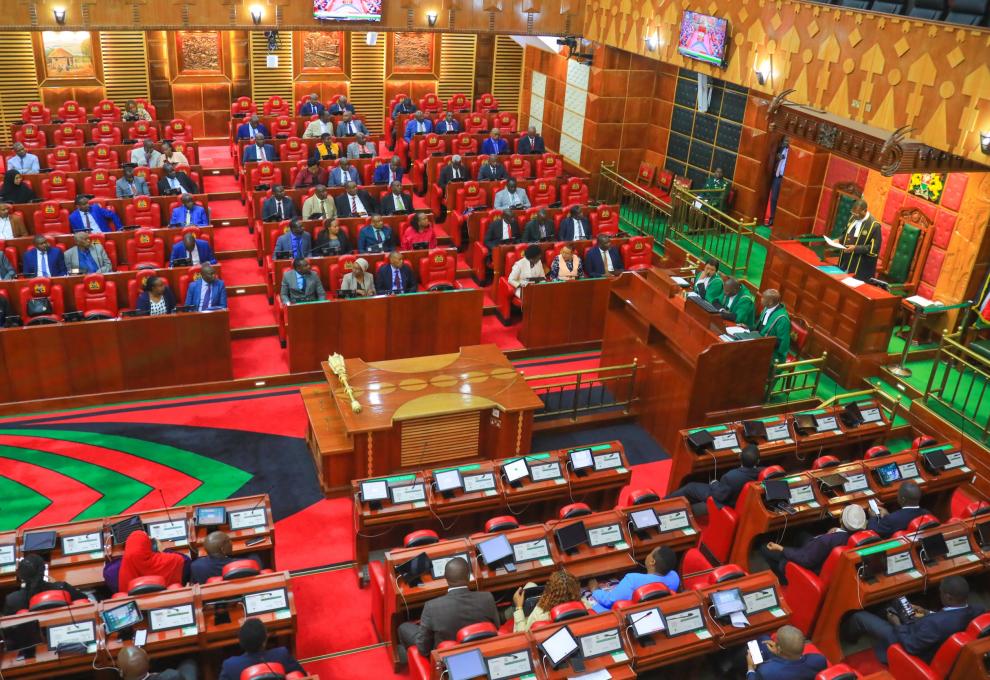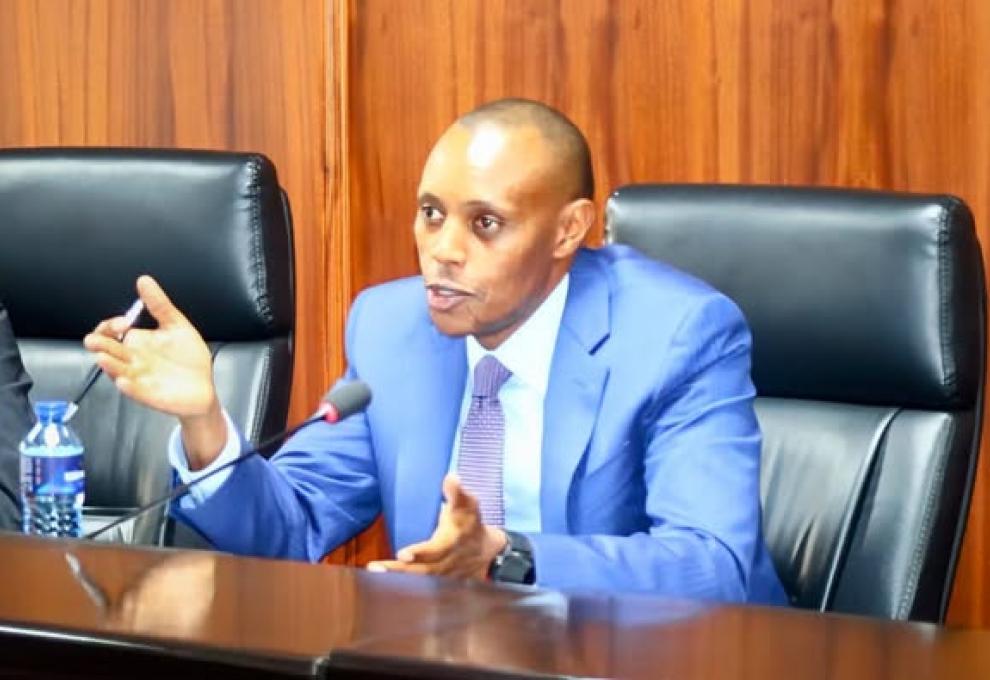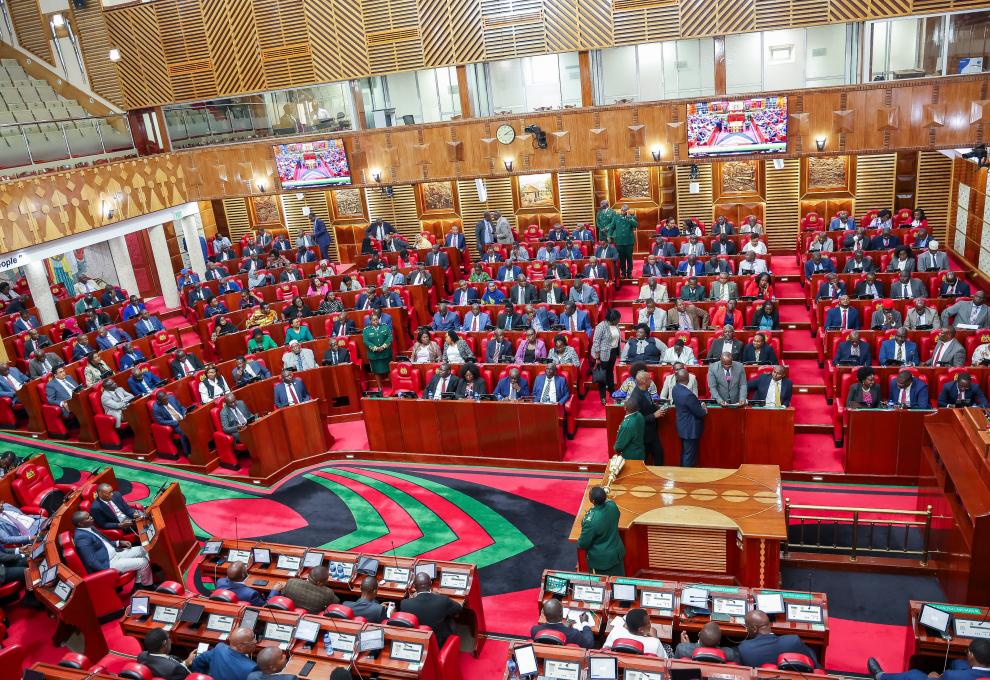𝐇𝐎𝐔𝐒𝐄 𝐁𝐄𝐆𝐈𝐍𝐒 𝐃𝐄𝐁𝐀𝐓𝐄 𝐎𝐍 𝐀𝐌𝐄𝐍𝐃𝐌𝐄𝐍𝐓 𝐁𝐈𝐋𝐋 𝐓𝐎 𝐑𝐄𝐏𝐄𝐀𝐋 𝐈𝐃𝐋𝐄 𝐀𝐍𝐃 𝐃𝐈𝐒𝐎𝐑𝐃𝐄𝐑𝐋𝐘 𝐋𝐀𝐖
Members of the National Assembly began debate on a Bill seeking to amend the Penal Code to repeal sections pertaining to the offences of idleness and disorderliness.
Hon. David Gikaria (Nakuru Town East) who sponsored the Penal Code (Amendment) Bill (2022), cited inconsistencies with the 2010 Constitution as it infringes upon the fundamental human rights and freedoms of Kenyan citizens trying to earn a living. He added that the existing legal framework is being misused by law enforcement officials to harass innocent individuals.
“The current Penal Code is being used by the police to harass Kenyans. The main objective of my Amendment Bill is to repeal Section 182 of the Penal Code Cap.63, which criminalizes idle and disorderly persons. Law enforcement officers frequently exploit Section 182 to target innocent members of the public under offenses like loitering, ” said Hon. Gikaria.
He further argues that according to the Constitution, Kenyans have the right to freedom of movement as long as their intentions are not malicious. However, when police officers intend to arrest or apprehend individuals in urban areas, they often resort to charges under Section 182 of the Penal Code.
Offences under this section carry a maximum penalty of one month in jail or a fine of Kshs100. However, according Hon. Gikaria, if someone is arrested and charged with loitering, they may face fines ranging from Kshs.5,000 to Kshs10,000, exceeding the legally prescribed maximum penalty.
Hon. Titus Lotee (Kacheliba), noted that the repeated misuse of Section 182 by the police, results in many individuals being driven into poverty due to unnecessary arrests. He emphasizes that the Government's goal of improving the livelihoods of small-scale traders, motorcycle taxi riders, and public transport operators is hindered by the enforcement of Section 182.
“The President has said he wants to elevate the livelihoods of mama mboga, boda boda riders and matatu operators. However, these are the people targeted most of the time by the police because of Section 182 of the Penal Code,” said Hon. Lotee.
In his constituency, Hon. Lotee points out that many individuals who have reformed from banditry or lack formal education have turned to businesses like motorcycle taxis or livestock trading. However, the police's frequent arrests on trivial grounds push them back towards criminal activities.
“These people are accused of having noisy motorcycles or being disorderly due to the lack of parking spaces. The livestock they transport to the market are often suspected of being stolen property,” he said.
Making his contribution, Hon. Ibrahim Saney (Wajir North), described the Penal Code as an outdated relic of the colonial regime. He argued that its provisions perpetuate a colonial mentality that Kenyans have moved beyond, emphasizing the necessity of revising it.
Hon. Saney criticized the arrest of people exercising their rights and freedom of association every Friday, asserting that no one should impose unwarranted restrictions on Kenyans' movement and lawful activities.
“People are put behind bars over the weekend, some with trumped up charges. This is uncalled for. It is draconian and unacceptable,” Hon. Saney said.



